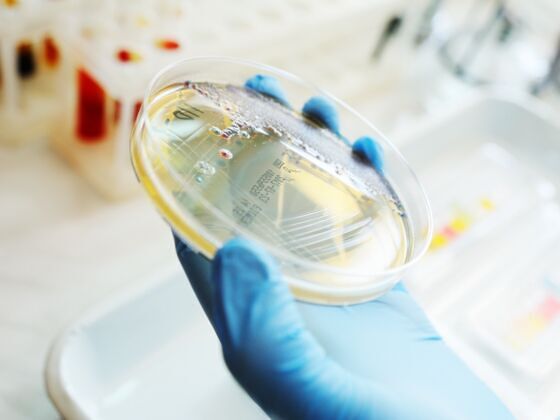Recently, supreme research brains at the UCLA Henry Samueli School of Engineering and Applied Science discovered a way to genetically modify a a type of bacterium to consume CO2 and produce isobutanol, a liquid fuel that can be used as a gas alternative.
And the process only requires sunlight to get going, meaning this achievement carries with it all sorts of cleaner, greener, cheaper energy implications.
